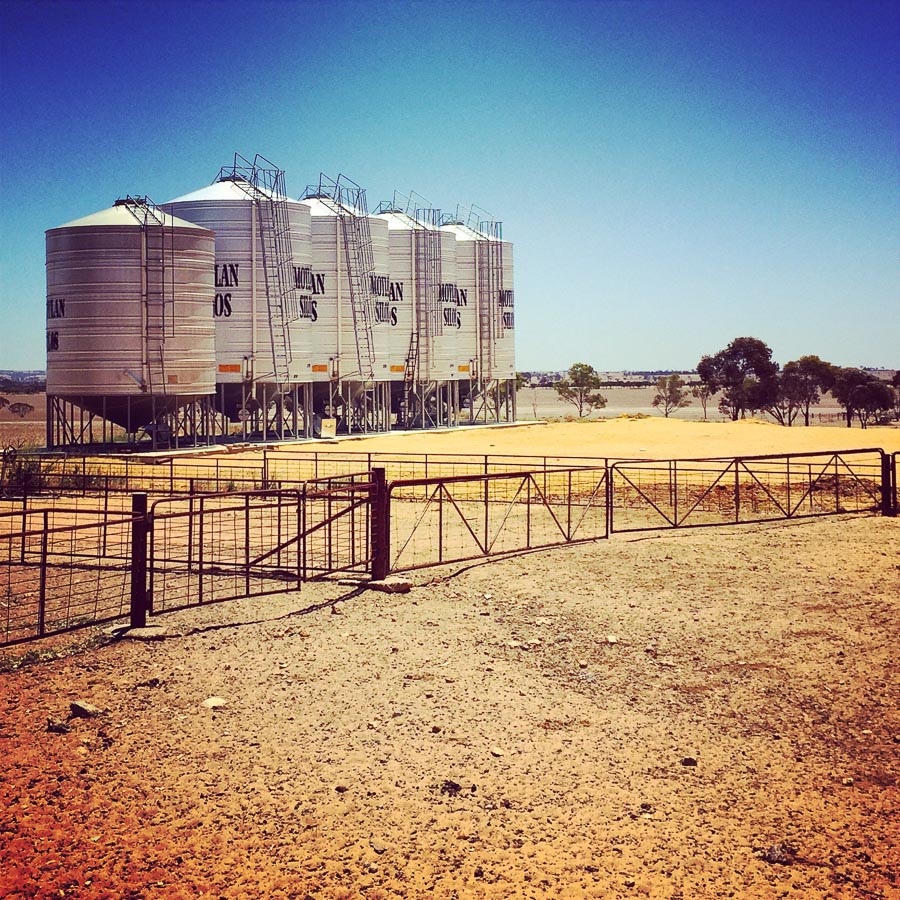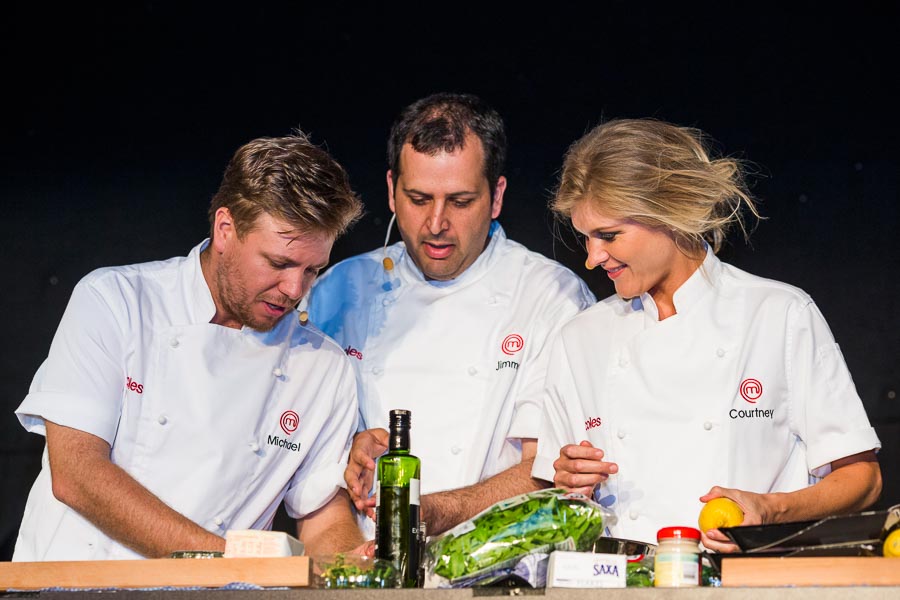Promoting Western Australia’s Agricultural Industry
The Western Australian Farmers Federation, WAFarmers, has been the voice of the agricultural industry for over 100 years and has consistently played a significant role in furthering the cause of farmers in the state. WAFarmers takes up issues with the government, corporates and other organisations to provide a viable, sustainable and profitable future for the agricultural sector. The federation’s 3,500 members, who are spread over 17 zones, enjoy the benefits of its leadership and influence.
WAFarmers focuses on the grains, meat, wool, dairy and bee industries. It represents farmers engaged in these activities at a state and national level and ensures that government policies affecting these commodities are aligned with their members interests. The federation also plays an active role in information dissemination to the media and to the public to convey the agricultural industry’s viewpoint.
Dale Park, President of WAFarmers, describes this aspect of its functioning, “We work very closely with our members. What happens is that we do pre-emptive things. We deal with the issues that our farmers have. A lot of our policy comes directly from our members who meet in various forums three to five times a year. We also have priority councils such as those for livestock and grains. We respond directly to members’ worries and concerns.”
Transportation of grain
A large portion of the grains produced in WA is exported to international markets. To ensure the competitiveness of this grain it is essential to have adequate domestic transport, storage and handling facilities. The presence of well-organised and coordinated rail infrastructure is of the utmost importance for the transportation of grain in WA.

The WAFarmers Grains Council under the aegis of WAFarmers has been taking up this issue with the government and Co-operative Bulk Handling (CBH) for some time. The Grains Council has pressed for continued investment in road and rail systems to facilitate the transportation of grain to the overseas buyers.
Dale Park explains the issue in more detail, “One of the on-going problems that we have is that the grain industry needs to get the grain to port and our road infrastructure really isn’t built for the tonnage and the size of the transport vehicles we have on the road these days. We have relied very much on rail until now, but the government has privatised the railways and they are acting like a monopoly at the moment, so we are constantly fighting a multinational company to try and get the cost down.
We are also communicating with the government to try and make them understand that Australia is a high cost producer of agriculture so we need to keep the costs down for growers. The government should be trying to make Australian exports more internationally competitive instead of finding ways to make our business costs go up.”
Membership of the federation
While the federation’s membership, and subsequently revenue, has declined in recent years, the organisation is countering this with a concerted effort to enrol more members, especially those from the younger generation. It has met with success in its efforts with the addition of new members but continues to strive for an increase in overall numbers.
“What’s been happening in agriculture is that the physical size of farms have been growing while the number of actual farms becomes less and less,” says Dale Park, detailing the reasons for the decline in the number of members. “I would say that the number of farms in Western Australia is probably half of what it was 30 years ago, so that just makes it tougher for organisations like ours because we charge on an enterprise basis, so less people appear on our list.”
Dairy industry
WAFarmers has a dedicated Dairy Council which works towards influencing the regulations and laws under which the dairy industry in Western Australia functions. The specific areas that it targets for its attention are animal health and welfare, water and environment, milk pricing and the promotion of the industry.
The dairy industry is pimarily located in the south-west of Western Australia and accounts for about 337 million litres of milk a year which is 4% of the country’s milk production. The 160 dairy farms in the state rely on WAFarmers and its Dairy Council to communicate with the government and take other steps to help the dairy industry operate in a sustainable and profitable manner.
Outlining the challenges facing the industry, Dale Park describes the situation, “We have a relationship with people like Coles because they sell a lot of dairy products. The only problem is, like agriculture around the world, we are price takers and not price setters. We are always battling trying to get a better return for our members.
We work with Parmalat on the dairy side and we also work with people who buy our members’ produce. But of course we don’t sell them the produce and that makes the relationship interesting. We really deal more with the government and try to make sure that they make life a little bit more competitive and a little bit less taxing for our members.
There is usually someone between our members and the consumer of our goods and an example of this is where Parmalat or Brownes or someone else is processing the milk before it gets to the retailer.”
Environmental impact of farming
An issue which is coming to the fore in Western Australia is the rising salinity of the land and its impact on farming. This phenomenon has long term implications and it requires the combined energies of the government, farmers and other stake-holders to find a workable solution.
Commenting on the issue Dale Park says, “Dry land salinity has been a real problem and the whole art of broadacre agriculture is to try and farm products cheaper and cheaper but not do damage to the land and keep the land in good condition for the next generation which is where we have a lot of problems with bureaucracy.
We take a generational look at what’s happening, whereas the politicians are too busy and interested in just the electoral cycle of four years for the state and three years for the federal elections. We are constantly battling our longer term view with the short term view of the government.
In fact, some corporations have a six month view and they see only what happens till the next reporting period. That’s a constant battle that we have. Our members are interested in making sure that we have got something to pass on to the next generation.”
Supporting farmers in every aspect of their operations
WAFarmers is an organisation which has reinvented itself during its century-long existence but its prime focus of supporting the farming industry has remained constant throughout these years. It has successfully established its presence across the length and breadth of the state and given its members a voice at every level of government and bureaucracy.
Its President Dale Park is confident about the prospects of the farming industry in the state, “One of the problems is that the number of farmers is getting smaller and this is not just a Western Australian problem. It’s happening all over Australia and probably all over the world as our farms get bigger and more efficient.
To that end what I think we are working towards is a national farmers federation. We are probably going to end up having one organisation for the whole of Australia rather than one for each state. There is a constant struggle to balance the amount of food people want at the low cost they expect it at. I’m not sure these things can go hand in hand but as for our members, for the first time in a long while, we have a higher demand for what we produce than what we can supply. This means that the future of agriculture looks very very bright.




 This information will never be shared to third parties
This information will never be shared to third parties